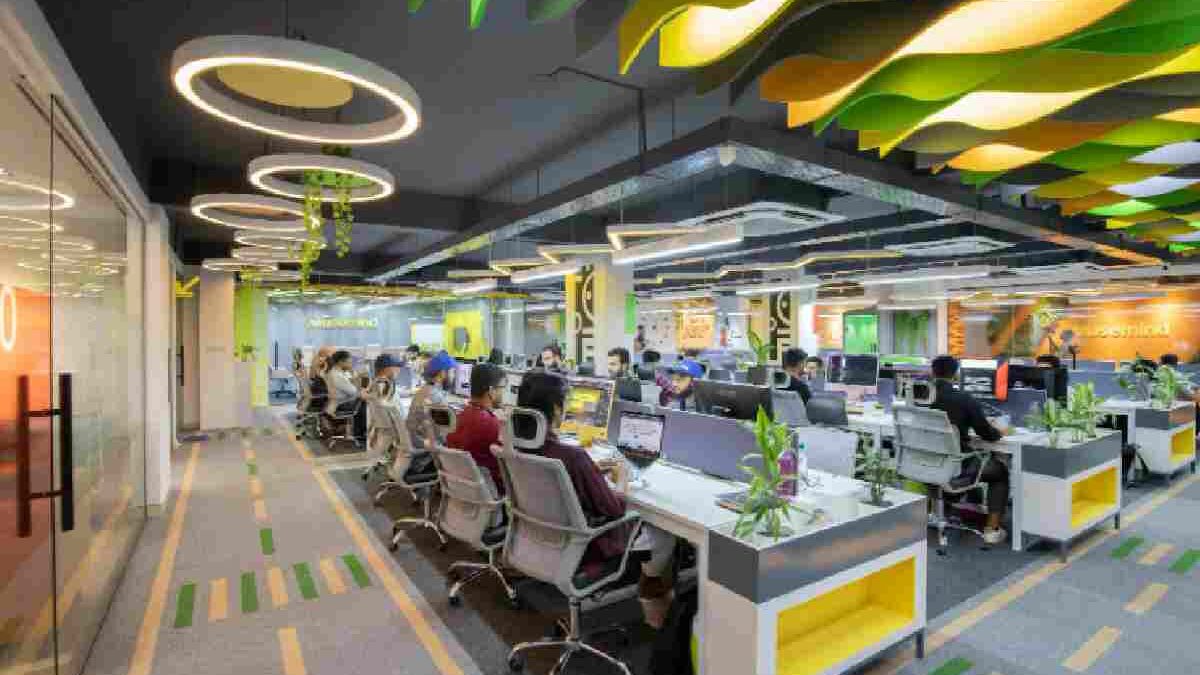Amid the cacophony of technological advancement lies an urgent call for workplaces to adjust their practices towards sustainability. In offices, where energy consumption and waste are sometimes left as an afterthought, integrating eco-friendly choices can seem like someone else’s problem. To push forward on sustainability goals, companies have to align with environmentally responsible practices.
Table of Contents
Power Down, Save Up
The most immediate step an office can undertake is to address energy consumption. By implementing automatic power settings on computers and electrical devices, businesses can cut down on unwarranted power consumption. Shorter sleep modes and automatic shutdowns not only reduce energy use but also prolong the life of equipment. Even in an increasingly digitized environment, basic adjustments to energy usage provide room for remarkable savings. Additionally, investing in energy-efficient lighting solutions such as LED bulbs can further lower power demands. Staff training sessions can educate employees about the benefits of unplugging devices when not in use, cultivating a culture of awareness.
Mind Your E-Waste
Electronic waste represents a growing concern, with gadgets quickly becoming obsolete. The narrative needs shifting: consider repair before replacement. When replacement is unavoidable, recycling programs are indispensable. Partnering with certified e-waste recyclers ensures these products do not end up in landfills, releasing toxins harmful to the planet. For organizations in the Ottawa area, exploring partnerships with local managed IT service providers, such as Ottawa IT services, can streamline these efforts by offering tailored IT solutions that incorporate sustainable practices.
Conduct regular reviews and create policies that favor sustainable gadget use. Integrating refurbishment programs for older devices alongside upgrading parts, rather than entire units, can further mitigate disposable culture and promote longevity.
The Cloud’s Silver Lining
Cloud computing offers a robust response to traditional IT practices that are filled with inefficiencies. By transferring operations to cloud-based servers, businesses can reduce reliance on energy-sapping in-office hardware. Furthermore, cloud providers today are motivated to operate data centers powered by renewable resources, adding another feather to their green cap. This migration not only translates into fewer physical resources needed in-house but also affords companies increased flexibility in scaling their operations sustainably.
Smarter Procurement Policies
Using equipment that prioritizes energy efficiency isn’t merely a forward-looking decision; it’s a pressing requirement. Opt for office electronics with high Energy Star ratings, and build supply chains that assess the sustainability of vendors. Once identified, reaffirm this commitment by compelling suppliers to align with the company’s environmental goals, ensuring their practices reflect a mutual commitment to sustainability. Furthermore, businesses can explore incentive partnerships with eco-conscious manufacturers to source products that uphold environmental values, creating shared responsibility across the supply chain.
From Paper to Pixels
Piles of office paper are not just wasteful; they are relics of inefficient processes. Transitioning to digital documentation can significantly reduce a business’s carbon footprint. Tools for online collaboration are widely available, offering ways to centralize data access and retention without the associated physical waste. Adoption might seem slow to some, but transitioning from paper to digital files brings an indisputable eco-friendly edge. Furthermore, encouraging the use of double-sided printing or recycled paper supplies, where unavoidable, can substantially reduce paper consumption.
The Role of Remote Work
Remote work offers a sustainable dimension by reducing the carbon footprint associated with daily commutes. Encouraging telecommuting, even on a part-time basis, can alleviate office congestion and reduce fossil fuel usage. Granted, remote work may not suit every role or industry, but it is vital to challenge and rethink traditional office attendance where viable. By investing in robust digital communication tools and ensuring broad internet access, companies can enhance teleworking effectiveness, pushing the boundaries of workplace sustainability.
Unlocking Transportation Efficiency
Office-based sustainability extends beyond the walls of the workplace. Implementing incentives for sustainable commuting, such as carpooling programs or subsidies for public transit passes, can transform employee habits. Embracing services offering facilities for electric vehicle charging is also crucial in promoting sustainable transportation amongst the workforce. As cycling emerges as an appreciated means of commuting, offices can offer end-of-ride facilities like bike stands and showers, which appeal to environmentally-conscious employees.
In Summary
The technology-driven office ecosystem needs not only to embrace change but must critically spearhead initiatives mandating green engagement. Opting for eco-conscious practices gives employees and employers a keen sense of purpose. Let these endeavors evolve into standards that don’t just define a company but herald a larger movement where technology converges with responsibility towards our environment.

